-

In today’s globalized marketplace, ensuring the quality of your products is essential for maintaining customer trust and meeting regulatory standards. Whether you’re sourcing components internationally or producing goods locally, third-party quality control (QC) services play a critical role in verifying that your products meet required specifications before they reach the market. But how do you find reliable third-party QC providers, and what should you consider when choosing one? Let’s explore. Why Third-Party Quality Control Services Are Essential Third-party QC services of......
2024.12.5Published by LucasRead More -
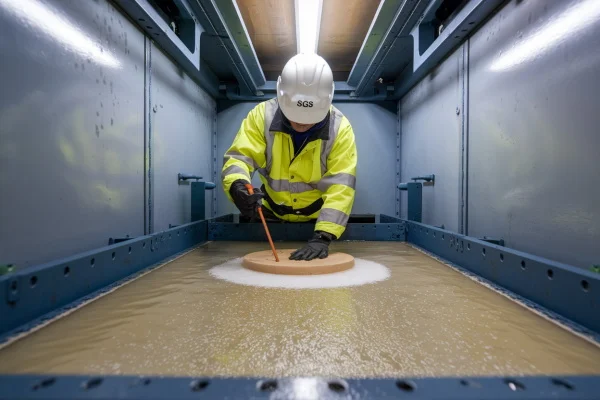
In manufacturing, quality assurance is the cornerstone of delivering reliable and safe products. For the automotive and electronics industries, rigorous testing ensures that every product meets performance and regulatory standards. This blog explores three critical quality control methods: the Salt Spray Test, the Rockwell Hardness Test, and RoHS Compliance, verified through SGS Reports. Salt Spray Test: Ensuring Corrosion Resistance The Salt Spray Test(also known as the salt fog or salt mist test) is a standardized method used to evaluate the corrosion ......
2024.11.28Published by LG XRead More -
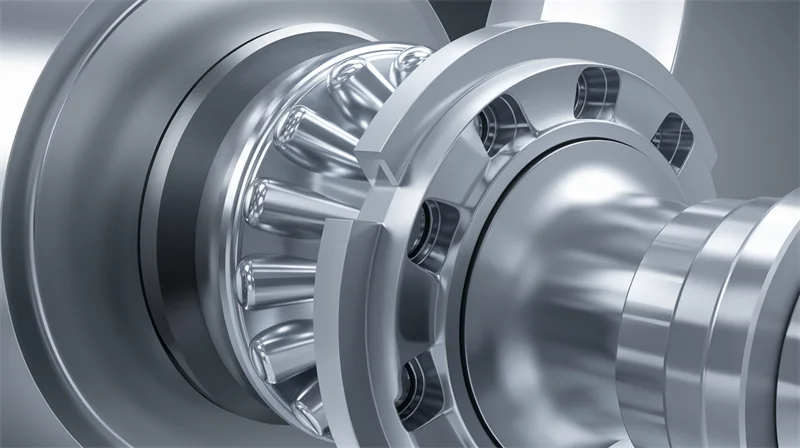
Surface finish is an often overlooked aspect of precision manufacturing that can significantly impact a part’s functionality, appearance, and performance. Beyond dimensional accuracy, achieving the right surface finish is crucial in the aerospace and medical device industries. This blog delves into what surface finish is, its measurement, its importance, and how manufacturers achieve and control it in various processes. What Is Surface Finish? Surface finish, also referred to as surface texture or roughness, describes the quality of a part’s surface in terms of its smoothn......
2024.11.26Published by LG XRead More -
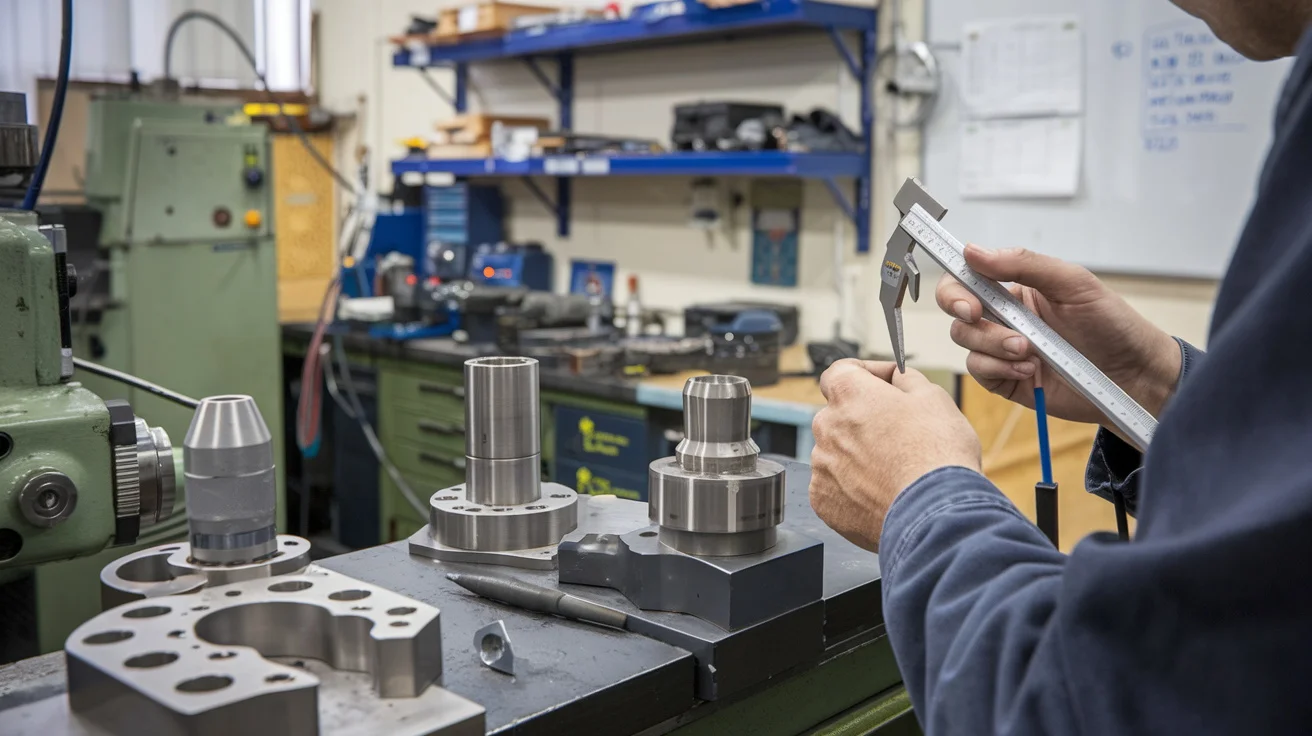
Maintaining tight dimensional tolerances in the precision manufacturing industry is critical to ensuring product functionality, safety, and overall quality. Whether you’re producing components for aerospace, automotive, medical devices, or consumer electronics, understanding the nuances of dimensional tolerances is key to delivering reliable results. In this blog, we explore what dimensional tolerances are, why they matter, and how inspection processes play a vital role in achieving and maintaining them. What Are Dimensional Tolerances? Dimensional tolerances refer to ......
2024.11.22Published by LG XRead More -
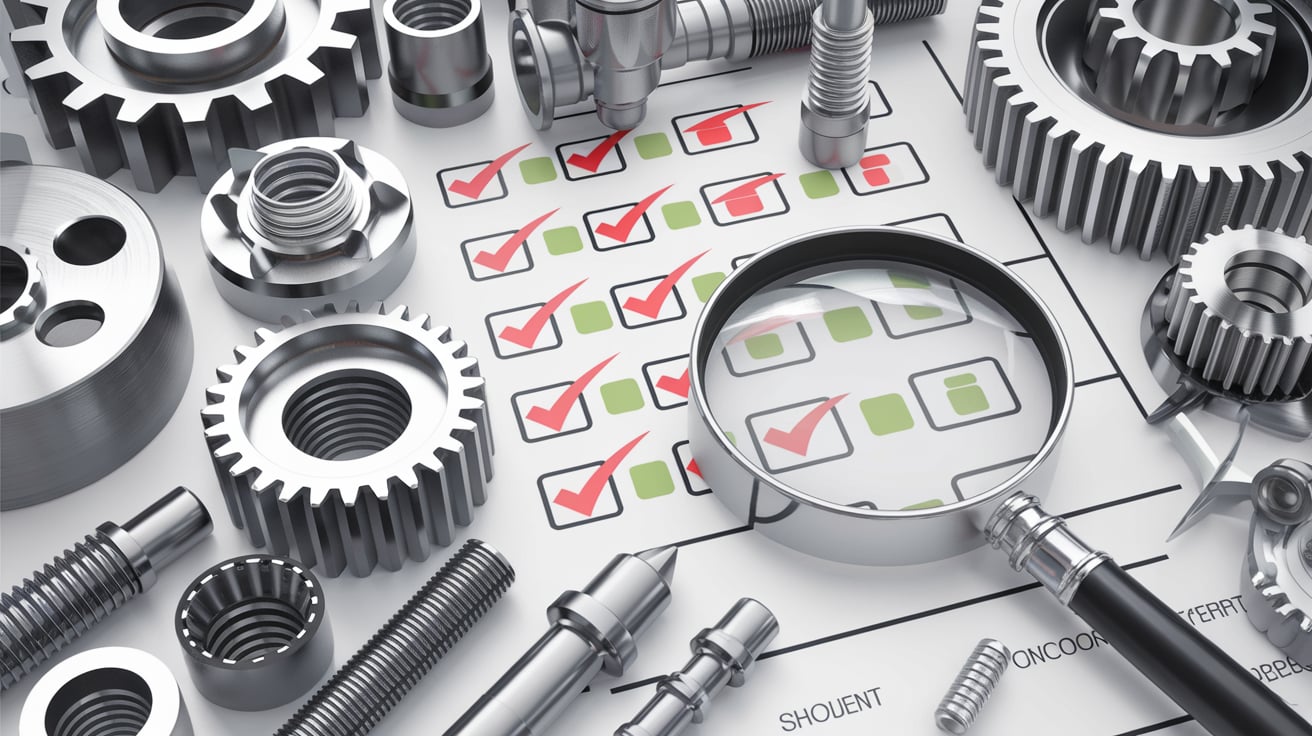
In the fast-evolving world of precision manufacturing, the quality of individual components plays a decisive role in product reliability, safety, and performance. Whether it’s for aerospace, medical, or automotive industries, precision parts inspection is at the heart of ensuring that manufactured components meet the highest standards. This blog outlines critical best practices in parts inspection, essential tools, and expert insights to help manufacturers achieve excellence in quality assurance. 1. The Role of Precision Inspection in Manufacturing Precision parts inspection i......
2024.11.22Published by LucasRead More -
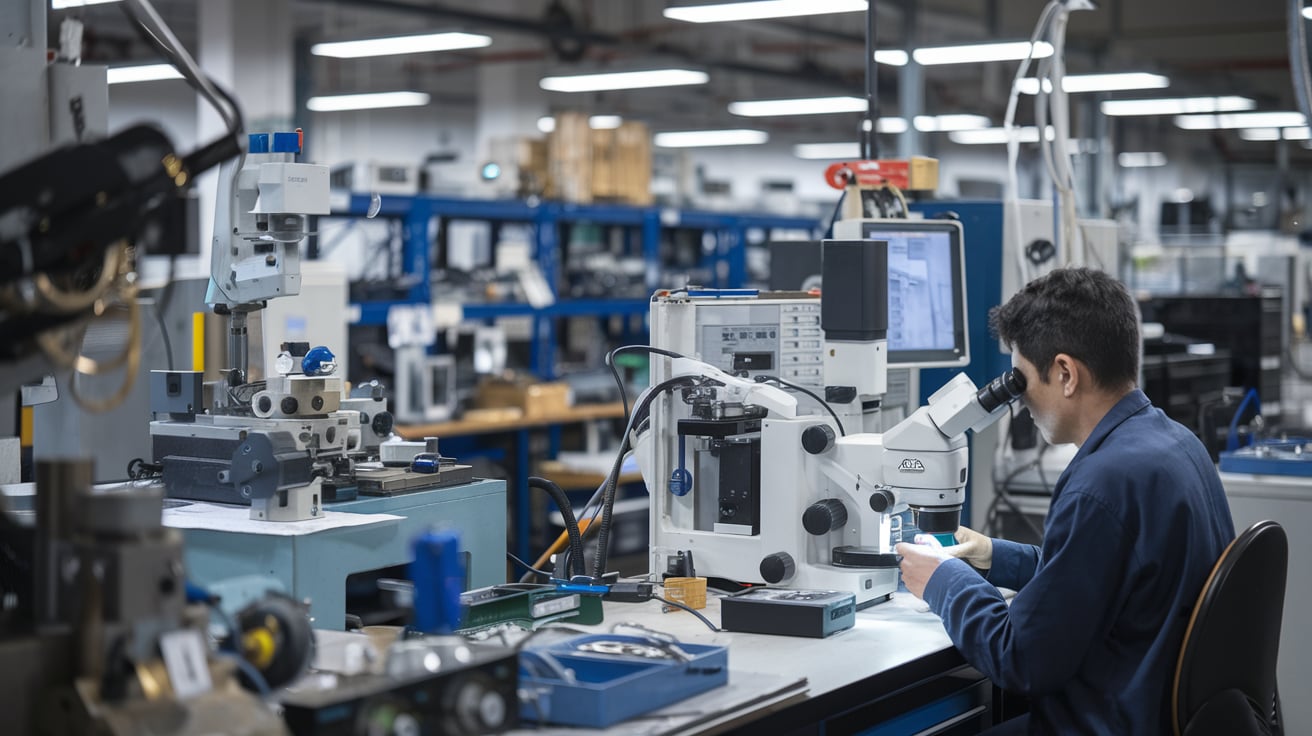
In precision parts manufacturing, quality control (QC) is essential to ensure products meet exact specifications, maintain safety, and uphold industry standards. In fields like aerospace, automotive, and medical devices, even a minor flaw can result in costly consequences. This blog delves into essential quality control techniques and tools used in parts inspection, with insights on current trends that help manufacturers achieve flawless results. 1. Importance of Quality Control in Precision Parts Manufacturing For manufacturers, QC is not merely a compliance activity but......
2024.11.22Published by LucasRead More -
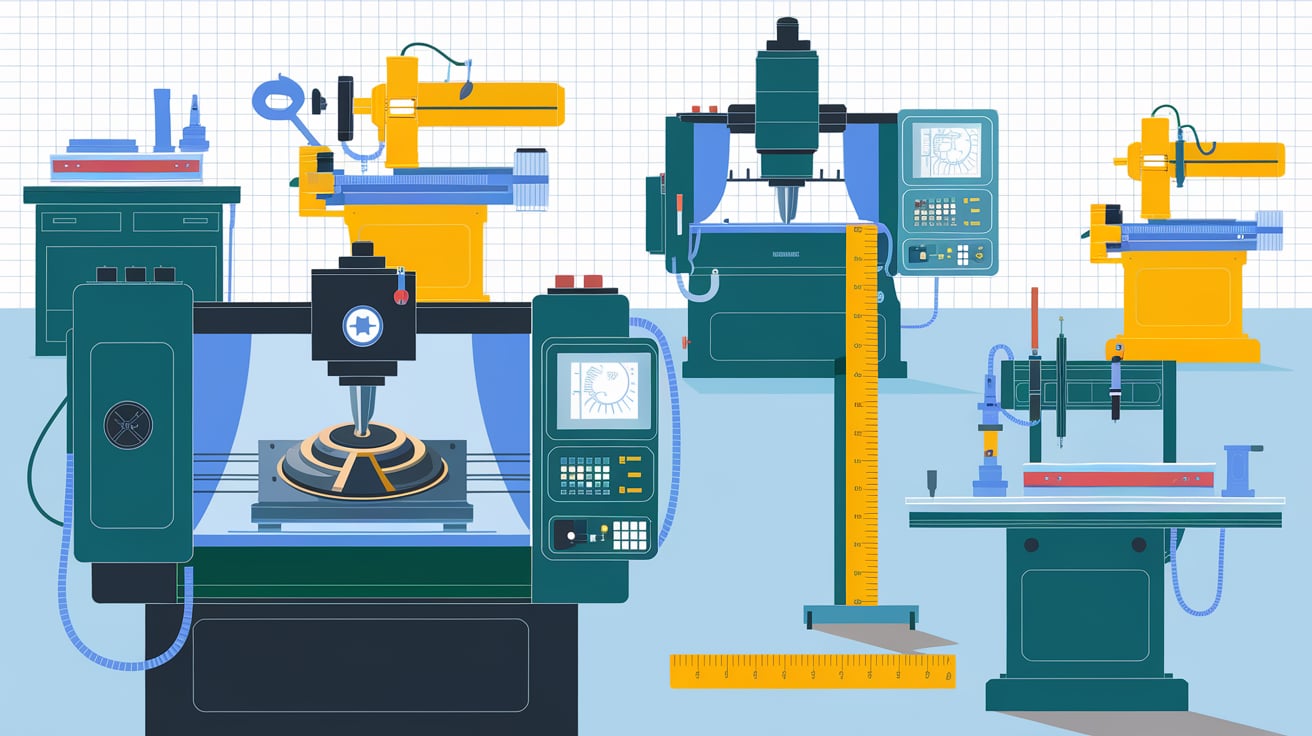
In precision machining, achieving the right tolerance level is crucial for part functionality, quality, and compatibility. Tolerances refer to the allowable deviations in a part’s dimensions, and setting them accurately ensures that components fit and work together seamlessly in complex assemblies. This blog will explore the importance of tolerances in machining, types of tolerances, methods to achieve them, and best practices for managing tolerance requirements in diverse applications. 1. Why Are Tolerances Essential in Precision Machining? Tolerances ensure that parts f......
2024.11.7Published by LucasRead More -
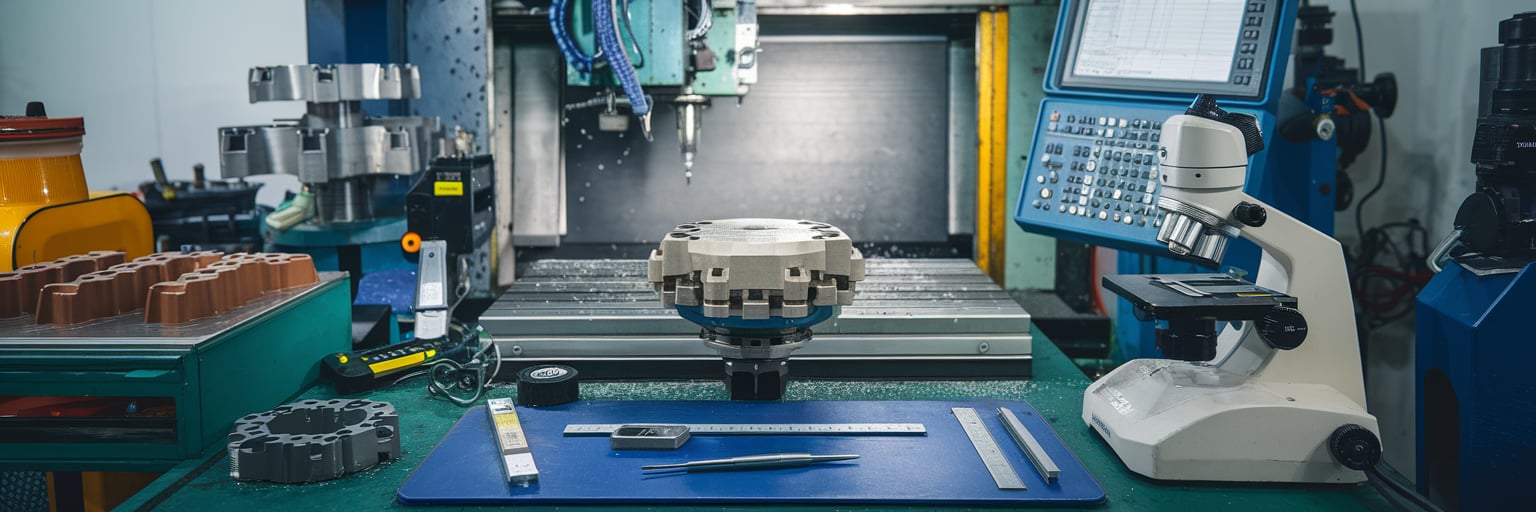
In the manufacturing and engineering world, precision is everything. Whether it’s a CNC-machined component, a plastic mold, or an assembly line part, quality inspection plays a crucial role in ensuring parts meet the exact specifications and standards required for optimal performance. Parts inspection is much more than just checking measurements; it’s about validating that every component is built to perform reliably in its intended environment. In this blog, we’ll explore the importance of professional parts inspection and what makes a high-quality inspection process essential for toda......
2024.10.31Published by LucasRead More